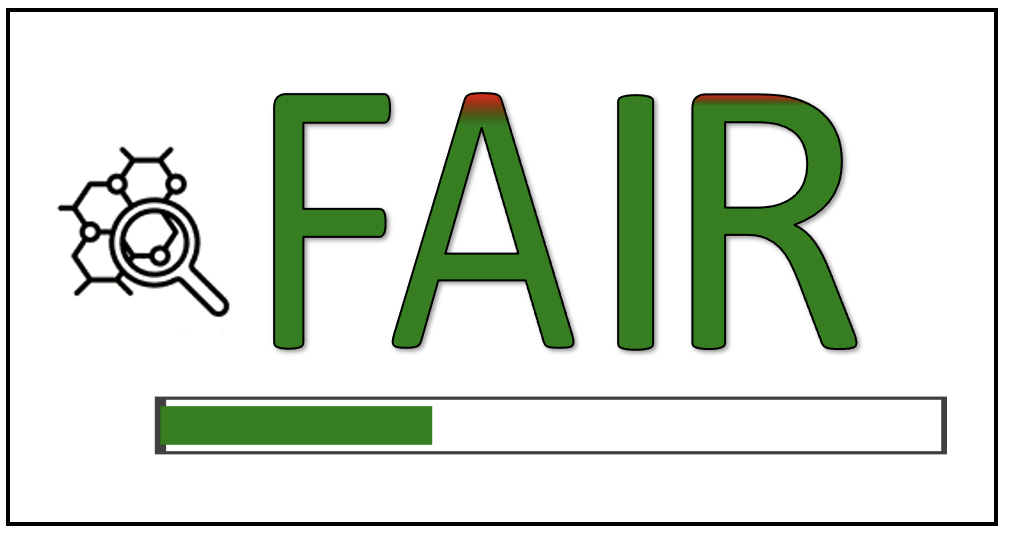The workshop will be split into two tracks: An introductory track that will cover fundamental assumptions, showcase recent successes and discuss limitations of current GWAS approaches in the field of complex diseases, particularly in the case of African populations with known low linkage disequilibrium (LD). It will also provide a ‘hands-on’ experience of data analysis and a stage for shaping the next generation of GWAS scientists/researchers. An advanced track which will draw upon the audience’s interdisciplinary expertise in mathematics, simulation studies, statistics and machine learning to overcome present challenges and identify the most promising avenues of future research for effective phenotype–genotype association.
The target audience includes H3Africa project members who will be involved in the design and analyses of population genetics data and genome wide association testing, technicians, graduate students, postdocs and established and young investigators entering the field of complex trait genetics from a variety of backgrounds such as biological, bioinformatics, statistics, mathematics and computer science.
This workshop aims to introduce an interdisciplinary audience to the potential of GWAS and to key strategic considerations in designing and performing Genome-wide Association studies, as well as to bring all participants up to speed on the basic principles of human genetic variation, genotyping and disease scoring statistics. In addition, this workshop aims to bridge the gap between statistics, bioinformatics and genetics. We envisage that researchers in machine learning and statistics who have an interest in genetic architecture of complex diseases, as well as statistical geneticists looking for using or improved tools for GWAS will benefit from participating in this workshop.
Classroom applications
Participant applications
Syllabus and Tools
Participants will learn about the design and analyses of population data and genome wide association testing. On the second day, participants will be split into two groups
- Hands on data processing, analysis and the interpretation of results
- Advanced mathematical population genetics and disease scoring statistics
Selected participants will need to work through the following resources to enable them to gain the most from the workshop:
http://www.ee.surrey.ac.uk/Teaching/Unix/
http://www.r-tutor.com/r-introduction
https://www.python.org/
http://onlinestatbook.com/2/
A pre-workshop course on an Introduction to Linux/R/python will take place on the 19th April 2015.
This workshop will provide a foundation for continued learning in medical genetics and GWAS studies for the introductory track and will not make one an expert in medical population genetics and genome wide association testing and studies. The advanced track will provide the cover current mathematical and statistical models and simulations methods used in population genetics and GWAS and will not make one an expert in simulations, mathematical and statistical modelling and methodology development for population genetics and GWAS studies.
Training materials for this course are available as a single downloadable archive here: https://doi.org/10.25375/uct.19130000. Should you re-use any of these materials, please ensure that both the author/s of the material AND H3ABioNet are clearly credited.





